
Maritime 2026 opened with a bang between the announcement of Battleships, Venezuela, shadow fleets and yes, U.S. shipbuilding. The commercial building issue may come down to strategic patience or the adaptability to evolve through new technology while ignoring historic, old tactics.

The White House has ordered U.S. military forces to focus almost exclusively on enforcing a "quarantine" of Venezuelan oil for at least the next two months, a U.S. official told Reuters, indicating Washington is currently more interested in using economic rather than military means to pressure Caracas.
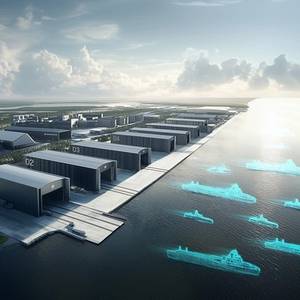
In a shipbuilding industry defined by tradition, one new entrant is seeking to rewrite the rules of how naval vessels are designed, built and delivered. Saronic Technologies, founded just three years ago, is racing to create what CEO Dino Mavrookas calls “a next-generation shipbuilding ecosystem” — one capable of delivering unmanned surface vessels (USVs) at the speed and scale the U.S.
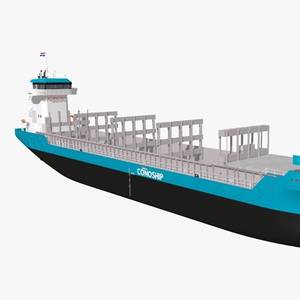
On October 28, 2025 U.S. Senator Dan Sullivan (R-Alaska), Chairman of the Senate Committee on Commerce, Science, and Transportation’s Subcommittee on Coast Guard, Maritime, and Fisheries, convened the Senate hearing “Sea Change: Reviving Commercial Shipbuilding”. This hearing examined how to modernize and accelerate U.S.
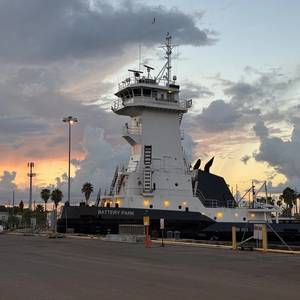
We are well into the discussions advising shipbuilders and operators how the U.S. will create a renaissance of the maritime industry. Federal Legislation, Executive Orders, and new foreign partnerships driving the promise of commercial competitiveness with the leading global shipbuilders. Most of the shipbuilding rhetoric indicates the domestic markets will be left to survive on their own.
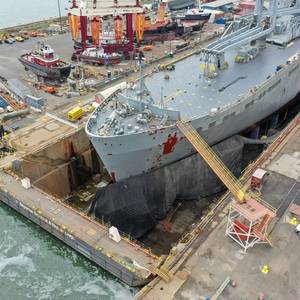
Dating back to the year 1786, Thomas Jefferson wrote to a member of the Continental Congress on the importance of free press keeping government in check. He was quoted as saying if he had a choice between “a government without newspapers or newspapers without a government, I should not hesitate a moment to choose the latter.
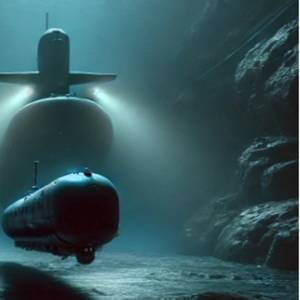
With all the Legislative fanfare, Executive Orders, Committee meetings, lobbying efforts and media announcements concerning American Shipbuilding, Naval Warfare and Maritime Dominance, it is no surprise that the result of the uproar is shear confusion within the maritime industrial base (MIB).
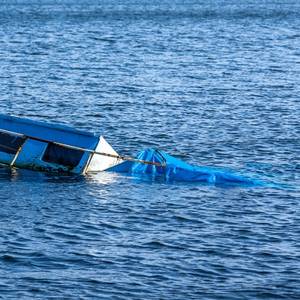
By the time Robbie Roberge spotted the fire consuming his boat's galley last August, he knew he had just minutes to evacuate his beloved Three Girls fishing vessel, named for his daughters.As the flames spread up the boat's walls, he helped his crew into safety suits, deployed a life raft and made a mayday call to alert nearby mariners and the U.S.
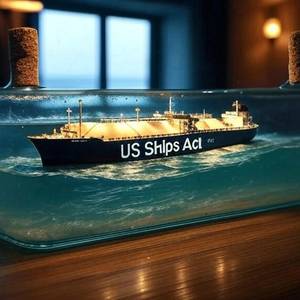
As a result of a major White House office wake-up call or Executive Order 14269 determining it is time to start building ships again, Washington DC announced America’s maritime industry has been “dangerously declining” and with that decline we have allowed China to become the dominant force in global shipbuilding.
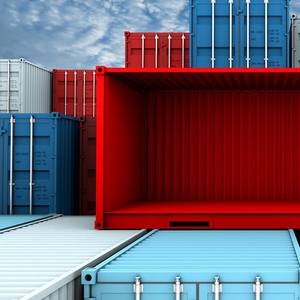
Major container shipping companies are suspending at least six scheduled weekly routes between China and the United States as President Donald Trump's punishing tariffs on the world's top exporting country collapse trade, maritime consultants said.The ships on those routes have the combined capacity to deliver 25,682 40-foot containers stuffed with toys, tennis shoes, car parts and things U.S.
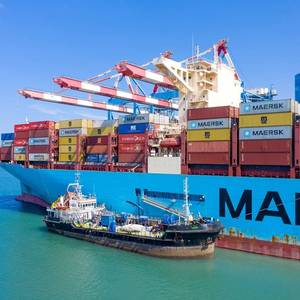
The maritime industry has worked with a single fuel source for over a century and with the rush to meet emission standards in both domestic and foreign markets, adapting to the current list of alternative fuels is going to present significant problems. Each market has its issues whether bluewater, brownwater, coastal, foreign or domestic.
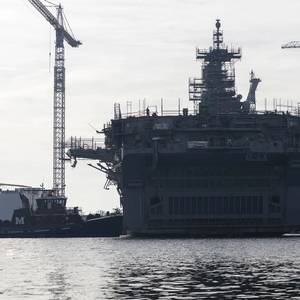
With your first steps as a cadet onto the Maritime Academy campus, your first union dues payment or first line thrown ashore from the tug, you are lectured on the importance of the “Jones Act”. A constant reminder throughout a US Seafarer’s career of commitment, loyalty and support for the legislation.